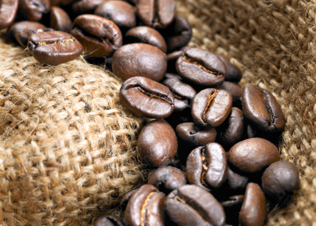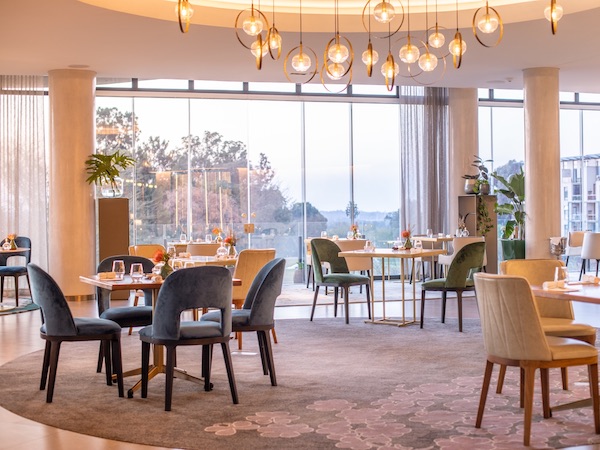News
A fair share
Tuesday, November 15th, 2011
Ever since Chris Martin from Coldplay scrawled ‘make trade fair’ on his hand in the early noughties, people have begun to wake up and smell the coffee.
The worldwide movement – with the now-familiar label of Fairtrade – calls for equitable treatment of farm labourers and small producers who work the land to bring us our favourite things like chocolate, coffee and tea. Since world trade has been shaped by the powerful with their own commercial interests at heart, poorer nations and producers have lost out on the benefits of trading their wares.
Making trade fair seeks to protect workers’ human rights, build sustainable enterprises and overcome poverty. To further highlight the cause, Fairtrade Label South Africa (FLSA) is hosting its first ever Fairtrade Week from 14 to 20 November 2011.
There are currently over 230 Fairtrade-certified producer organisations in Africa, and over 60 in South Africa. The FLSA campaign’s theme, Taste the Change, shows how Fairtrade is creating positive change in farming communities.
Chocolate
Approximately 85 000 farmers in 16 countries in Africa, Asia and Latin America benefit from supplying Fairtrade cocoa. Fairtrade offers a stable minimum price that covers costs of production and allows for planning, access to credit, and an additional premium to invest in business improvements and community projects. In South Africa, a batch of Cadbury Dairy Milk Fairtrade chocolate slabs is hitting the shelves just in time for Fairtrade Week.
Coffee
Coffee is the second most-traded commodity after oil, according to FLSA, and it provides employment for hundreds of millions of people worldwide. In the past, the price of coffee has been characterised by extreme volatility, leaving thousands of small farmers in Africa, Asia and Central/Latin America vulnerable. Fairtrade aims to provide a security net in the form of a fair price that covers their costs of living and sustainable production.
Wine
Wine has become one of the most important Fairtrade products in South Africa: there are 17 Fairtrade-certified wine/grape producer organisations, and over 25 companies involved in Fairtrade winemaking and trading (July 2011). In 2010, over 17 million bottles of Fairtrade wine were drunk globally and two thirds of those were from South African farms. For every Fairtrade labelled bottle bought in SA, 50c goes back into social and economic development for the workers and their families. Fairtrade certification also ensures that the wine is produced sustainably.
For more information on Fairtrade Week activities follow @FairtradeSA on twitter or visit www.facebook.com/FairtradeSA on Facebook, www.fairtradesa.org.za. For a list of local Fairtrade labelled products, go to http://www.fairtradelabel.org.za.
By Linda Scarborough
Photograph: Getty/Stockbyte








